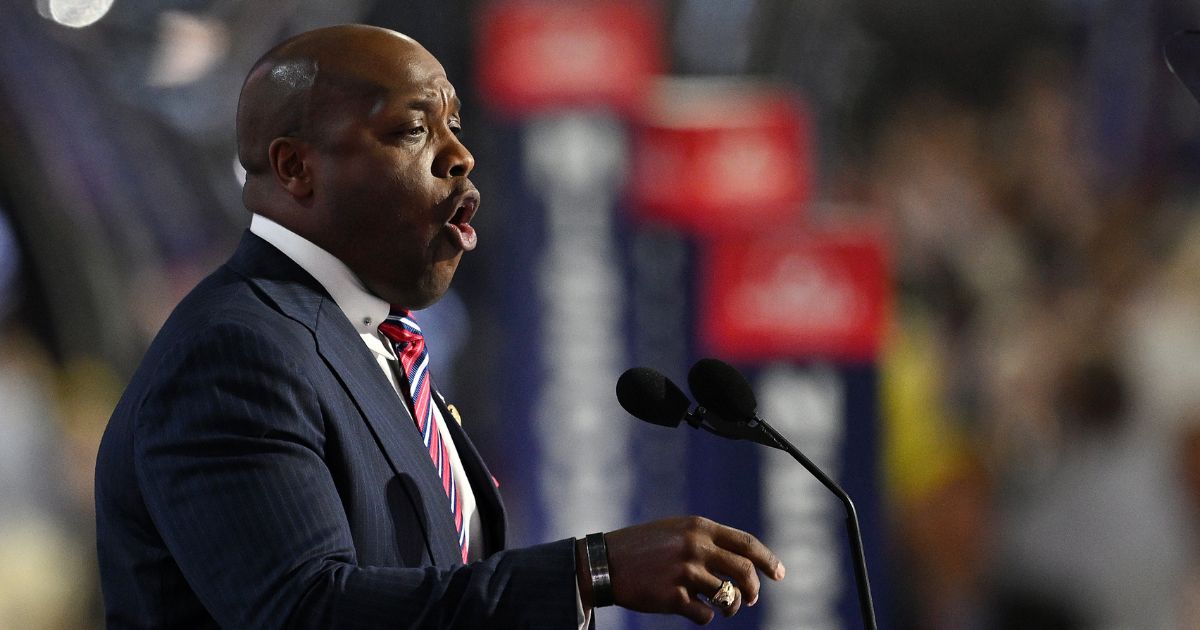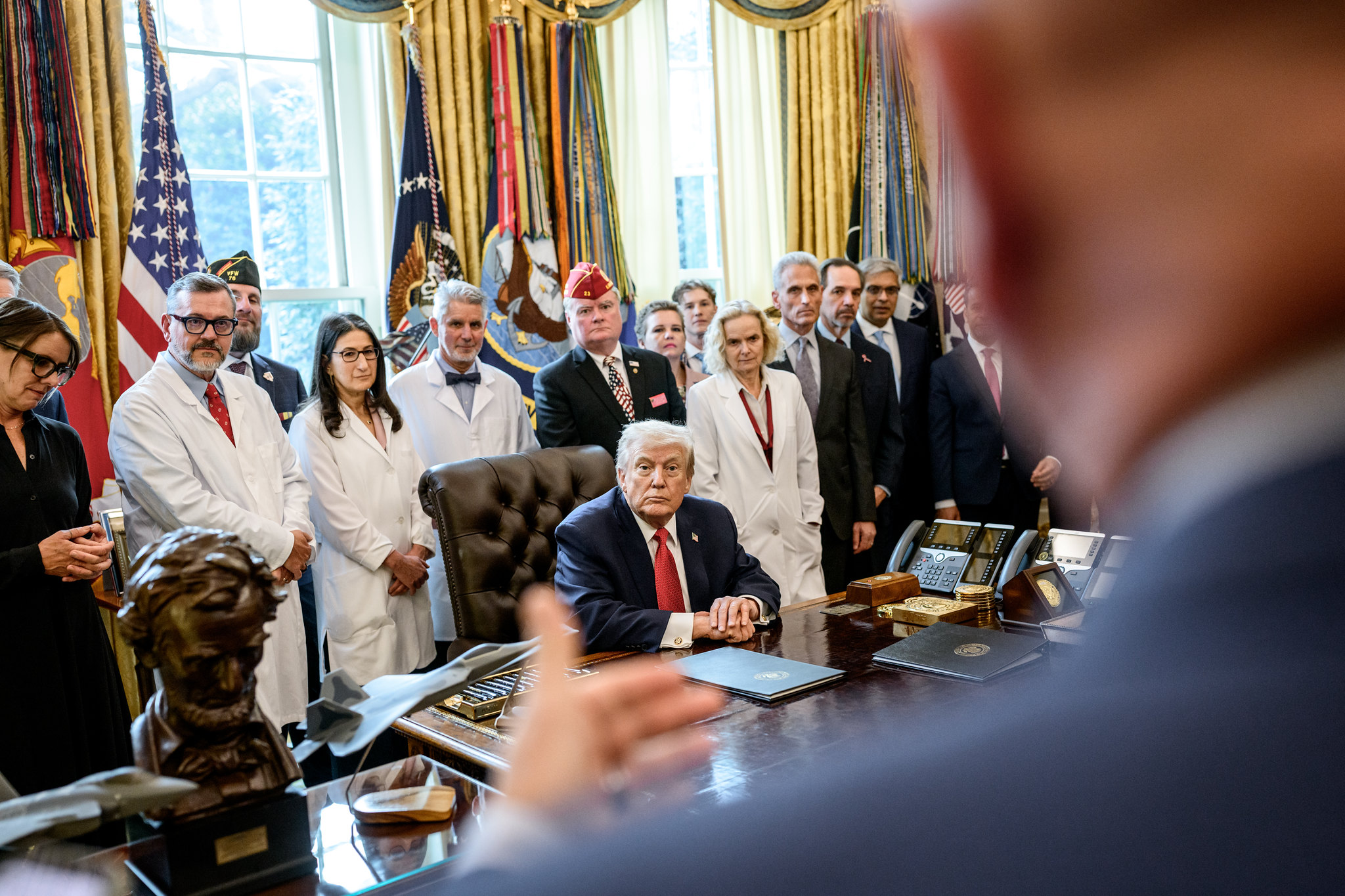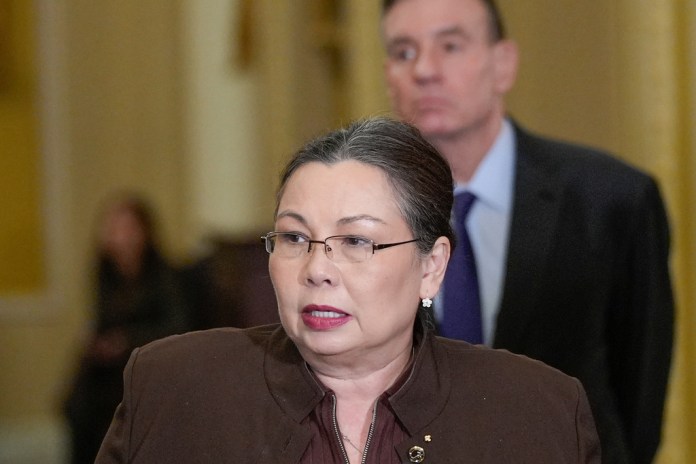3 In 5 Veterans Treated For PTSD Are On Two-Plus Psych Meds
The Wall Street Journal’s inquiry titled “Combat Cocktail: How America Overmedicates Veterans” exposes a troubling issue within the Department of Veterans Affairs (VA): the excessive and harmful use of multiple psychiatric drugs to treat veterans suffering from post-traumatic stress disorder (PTSD). Despite guidelines warning against such drug combinations and studies noting increased risks of overdose and suicide, nearly 60% of veterans wiht PTSD were prescribed two or more central nervous system medications as of 2019. The VA has failed to implement safeguards such as warnings to doctors or informed consent policies, ofen favoring medication over psychotherapy due to therapist shortages.
The investigation shares heartbreaking stories of veterans negatively impacted by this “medicate-first” approach-patients becoming numb or zombie-like, enduring severe side effects, disability, or even death. Examples include veterans pressured to comply with drug regimens under threat of losing benefits and those who suffered serious health consequences, including amputations and suicide, following the heavy reliance on pharmaceuticals.
the report highlights how government-run healthcare’s bureaucratic culture and understaffing drive overprescription rather than personalized care. The author argues that veterans deserve to be treated with dignity and calls for a systemic shift in VA medical culture-away from overmedication and toward patient-centered treatment that prioritizes effective and safe solutions beyond drugs.
For all the flaws of the media — and they are legion — journalism can still shine a powerful and valuable spotlight on issues of importance. When it comes to the treatment of veterans, a recent Wall Street Journal investigation did just that.
The in-depth feature, “Combat Cocktail: How America Overmedicates Veterans,” put in sharp focus how physicians within the Department of Veterans Affairs have made multiple prescriptions de rigueur for veterans struggling with post-traumatic stress disorder. Both harrowing and infuriating, the investigation revealed how patients struggling with mental burdens from their time in service saw their government not help to heal their wounds, but compound them — in ways that have sometimes proved fatal.
‘Make You Numb and Like a Zombie’
The quantitative numbers from the Journal investigation reveal the extent of the problem. As of 2019, the most recent year with publicly available data, more than half a million VA patients with PTSD “were taking two or more central nervous system drugs at the same time.”
In percentage terms, almost 60 percent of PTSD patients — that’s 3 in 5 — were receiving at least two drugs simultaneously. That fact remained even though “the VA’s own guidelines say no data support drug combinations to treat PTSD,” and a 2016 study concluded that “Iraq and Afghanistan war veterans taking five or more central nervous system drugs faced higher risks of overdose and suicidal behaviors.”
Thus far, the VA has not taken steps that could help solve the problem. It has not added warnings to doctors in medical records about the dangers of psychiatric drug interactions, or required informed consent from patients before administering psychiatric drugs that come with a risk of suicide. Instead, drugs remain the prime option, if not the only “solution,” to veterans’ psychiatric symptoms.
The Journal cited a 2019 study finding that, in part due to a shortage of therapists, “only 15% of veterans diagnosed with depression, PTSD, or anxiety are offered psychotherapy in lieu of medication” — one-fourth the percentage of PTSD patients receiving multiple nervous system pharmaceuticals. The investigation also referenced disgraceful examples of using extortion to achieve compliance: “Some veterans who have resisted taking cocktails of drugs say they were warned by VA and military doctors that refusing them could jeopardize their eligibility for disability benefits, which can reach $4,500 a month.”
Harmed by the ‘Helpers’
As damning as the statistics and reports are, the most haunting elements of the Journal investigation come via the firsthand accounts of veterans trying to navigate a medicate-first culture that turned them into glorified “zombies.”
Consider Iraq veteran and PTSD patient Doug Gresenz, who said he was “‘guilt-tripped’” by physicians when a suicide attempt raised his concern about the number and volume of psychotropic drugs he was administered. “VA doctors questioned his commitment to recovery and told him he needed the pills to lead a normal life.”
What he got was anything but normal. Frustrated after receiving two dozen central nervous system medications over a decade, he tried to wean himself off the pharmaceuticals. “Within a couple of weeks, he collapsed, unable to use his legs. He developed a stutter and extreme light sensitivity. Violent spasms led to another fall, which caused complications that resulted in a severe foot injury and, eventually, an amputation last year.” So much for being able to “lead a normal life.”
Similar stories echo throughout the investigation: a VA doctor who told a veteran “‘under no circumstances are you ever going to be a person who is going to operate without meds’”; a retired Army sergeant who recounted that “‘they give out these giant paper bags filled with medicine after your first psychiatrist appointment’”; a Navy veteran prescribed a “powerful antipsychotic in a five-minute appointment,” who texted his father afterwards that “‘they did not even listen to anything I said — just prescribed stuff. Unreal.’”
The story of the Navy veteran got much worse from there: “Six days later, [he] returned, stepped off a shuttle bus, and fatally shot himself in the head.” His father called it a last, desperate attempt to speak to an insular bureaucracy on behalf of “‘all the veterans who have no voice.’”
Problems of Government-Run Health Care
I won’t pretend to have anything approaching the level of medical training to speak to how the VA should solve this problem — both coming up with effective protocols for treating patients and finding safe ways to wean veterans now addicted to pills as a result of the VA’s existing practices.
But, like the appointment waiting time scandal at the Phoenix veterans clinic under the Obama administration, the problem appears based in culture as much as anything. Facing a shortage of personnel that could deliver nonpharmaceutical solutions, portions of the VA’s medical staff seem to have settled upon powerful narcotics as a way to keep patients suffering from mental illnesses churning through the pipeline.
But veterans in particular deserve the dignity that comes with being treated as a person, not a number. This latest VA scandal reminds us that our health care system, which has become defined by bureaucracy and large government programs, needs to regain its focus. To paraphrase James Carville, the behavior of every doctor, nurse, or medical professional must once again become about the patients, stupid.
Chris Jacobs is founder and CEO of Juniper Research Group and author of the book “The Case Against Single Payer.” He is on Twitter: @chrisjacobsHC.
" Conservative News Daily does not always share or support the views and opinions expressed here; they are just those of the writer."




